Living in Saudi Arabia means you need a special permit called an iqama. This permit lets foreigners stay and work legally in the country. However, with the benefits of iqama come the costs, including iqama fees. In this article, we will talk about everything you should know about iqama fees in Saudi Arabia. Know how much they cost, how to pay them, and what happens if you don’t pay them on time.
Table of Contents
What is an Iqama and Why is it Required?
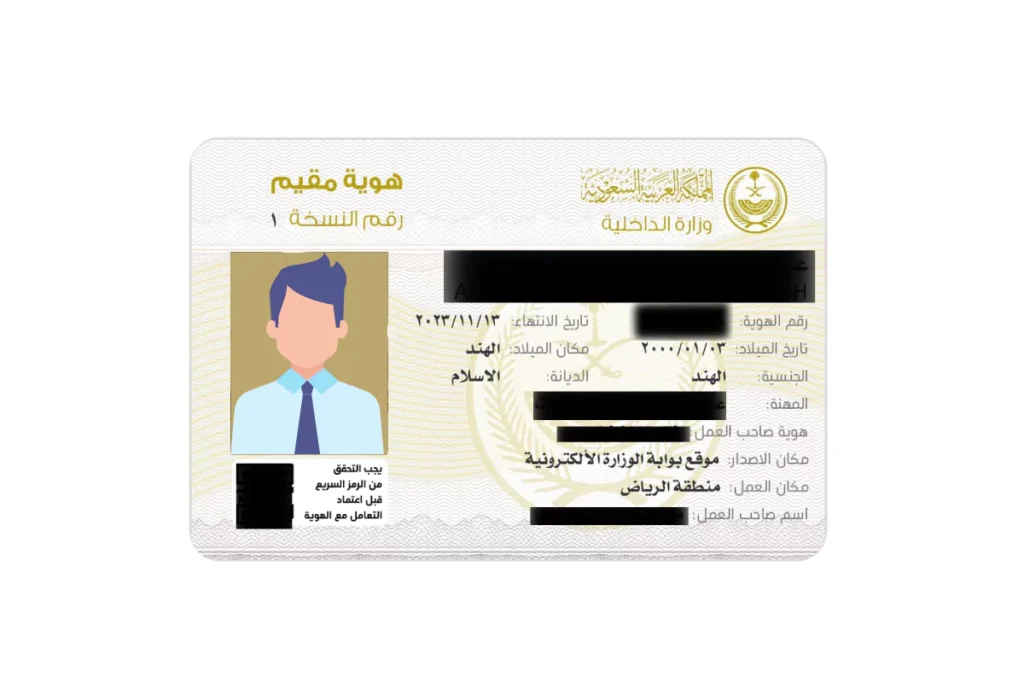
Definition and Importance of Iqama
An iqama is a legal document that proves an expat’s identity, residency status, and eligibility to work in Saudi Arabia. It serves as proof of their identity and legal status in the country. Without an iqama, an expat cannot work, open a bank account, get a driver’s license, or even purchase a SIM card for their phone. Iqamas are given out by the Ministry of Interior and are good for one year. After that, you need to renew them.
In addition to paying iqama fees, expats must meet other requirements to obtain and maintain their iqamas, such as passing medical exams and obtaining a sponsor. Understanding the importance of the iqama and staying compliant with the rules and regulations is crucial for expats who wish to live and work in Saudi Arabia without any legal issues.
Iqama Fees – Why They are Required
Expats in Saudi Arabia are required to pay iqama fees as a way to fund the country’s public services and infrastructure. These fees are necessary to cover the costs of providing healthcare, education, and other essential services to the growing expat Saudi population. The amount of iqama fees varies depending on the type of iqama and the length of validity. Usually, employers are in charge of paying the fees for their workers. However, in certain situations, foreigners may need to pay the fees on their own.
It is important to note that failure to pay iqama fees on time can result in penalties, fines, and even deportation. Therefore, expats should be aware of the different types of iqama fees and payment methods to ensure they stay compliant with the law and avoid any legal issues.
How Much are Iqama Fees in Saudi Arabia?
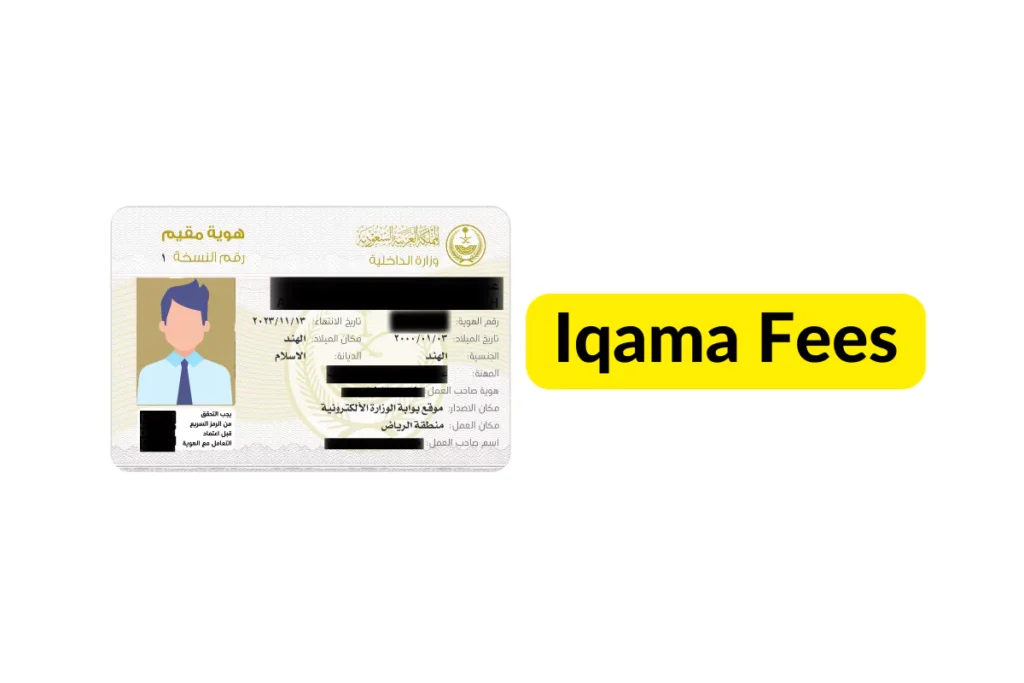
Different Types of Iqama Fees
There are different types of iqama fees in Saudi Arabia, including initial iqama fees, renewal fees, and dependent fees.
- Initial Iqama Fees: When an expat arrives in Saudi Arabia, they are required to pay an initial iqama fee, which is currently SAR 2,650 ($707) for the first year.
- Renewal Iqama Fees: Once an expat’s iqama expires, they must renew it, and this requires paying a renewal fee. The renewal fee for iqama is currently SAR 650 ($173) for one year.
- Dependent Iqama Fees: Expats who bring their families to live with them in Saudi Arabia are required to pay dependent iqama fees. Currently, the dependent fee is SAR 400 ($107) per dependent per month.
- Work permit fee: Expats who are employed in Saudi Arabia must also pay a work permit fee. This fee is typically paid by the employer and can range from 2,400 to 7,200 Saudi riyals per year, depending on the size of the company and the profession of the expat.
It is important for expats to be aware of these different types of iqama fees and the associated costs to ensure they can budget accordingly and avoid any late fees or penalties.
How to Pay Iqama Fees in Saudi Arabia?
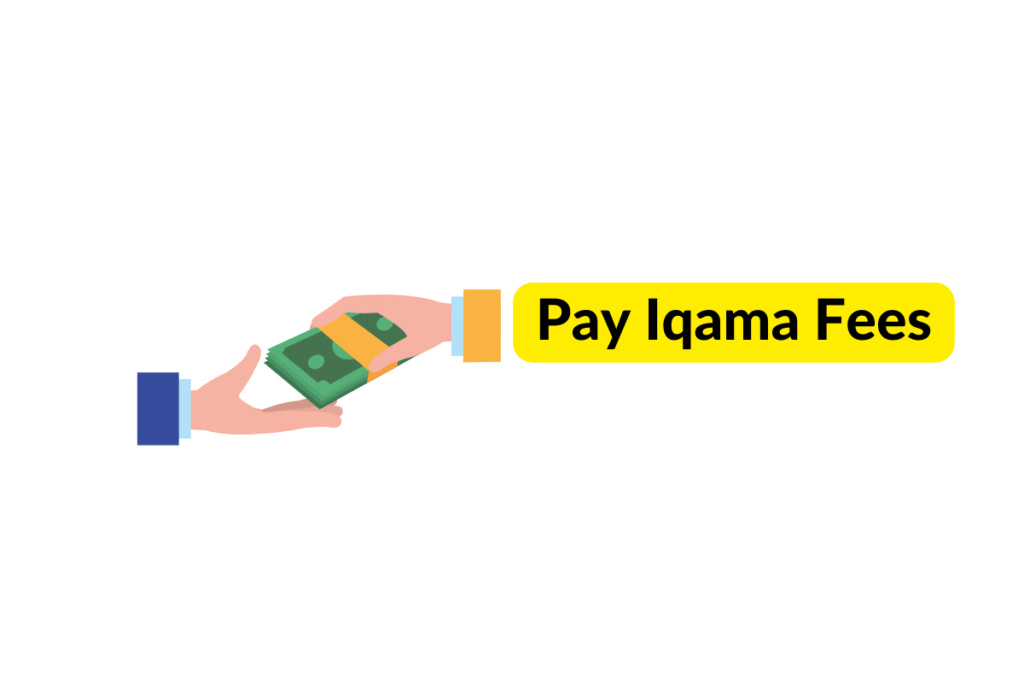
Payment Methods for Iqama Fees
There are different ways to pay iqama fees in Saudi Arabia, including online payment, bank transfer, and in-person payment. It is important for expats to keep track of their Iqama fees and payment deadlines to avoid any late fees or penalties. Moreover, it is suggested that expats keep a record of their payments and receipts as evidence in case they need to show proof of payment later on.
Online Payment
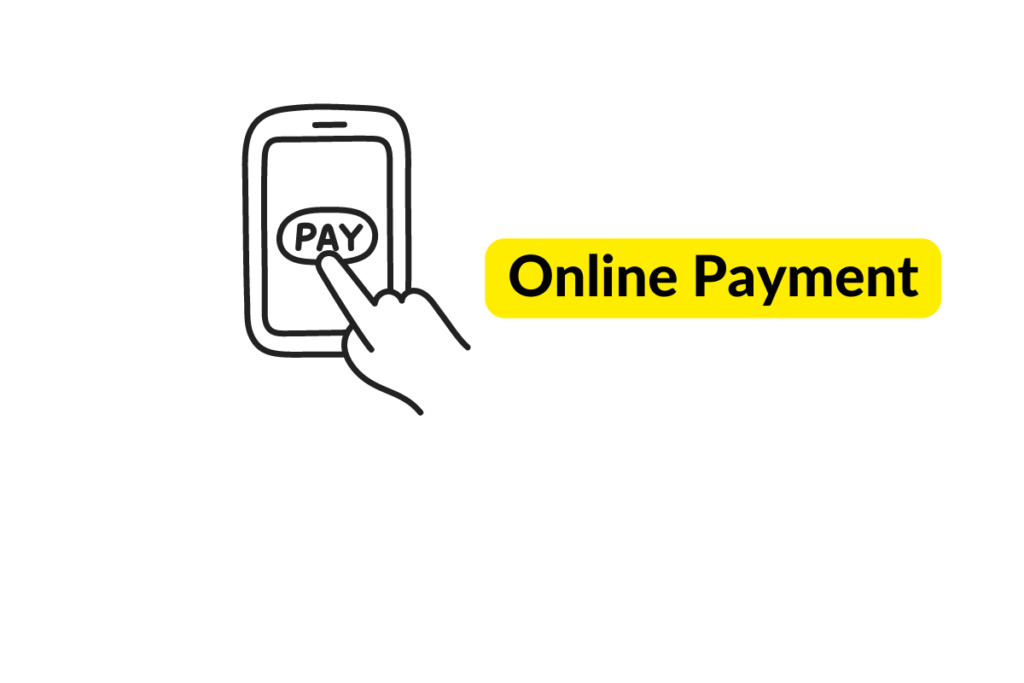
Expats can pay their iqama fees online through the Absher portal, which is a website and app that provides various government services.
Bank Transfer
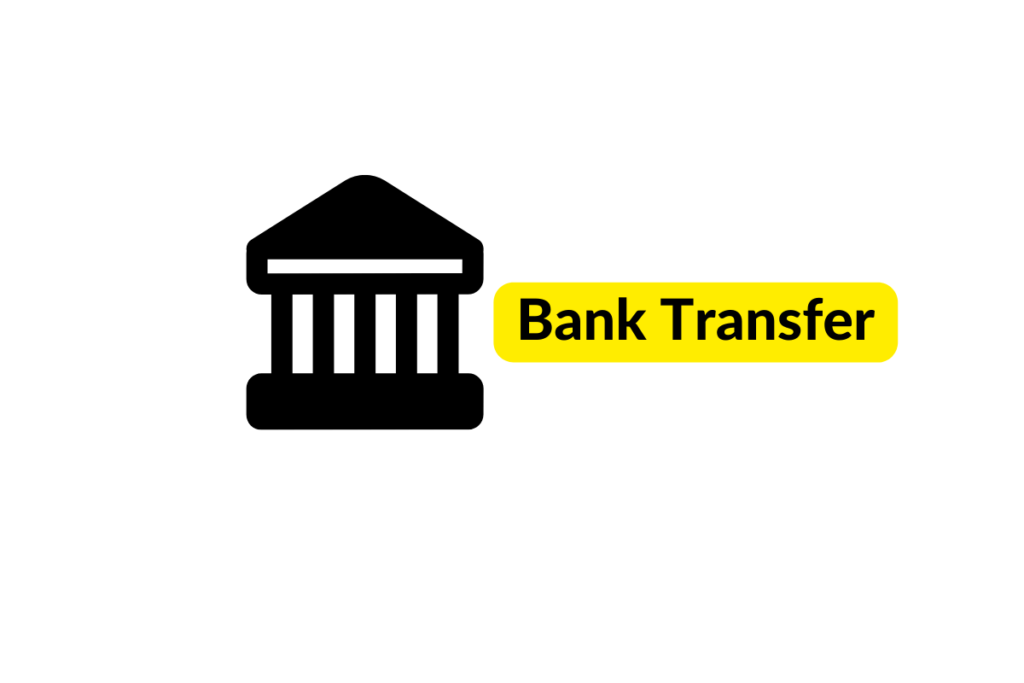
Expats can also pay iqama fees by transferring money from their bank account to the designated account for iqama fees.
In-Person Payment
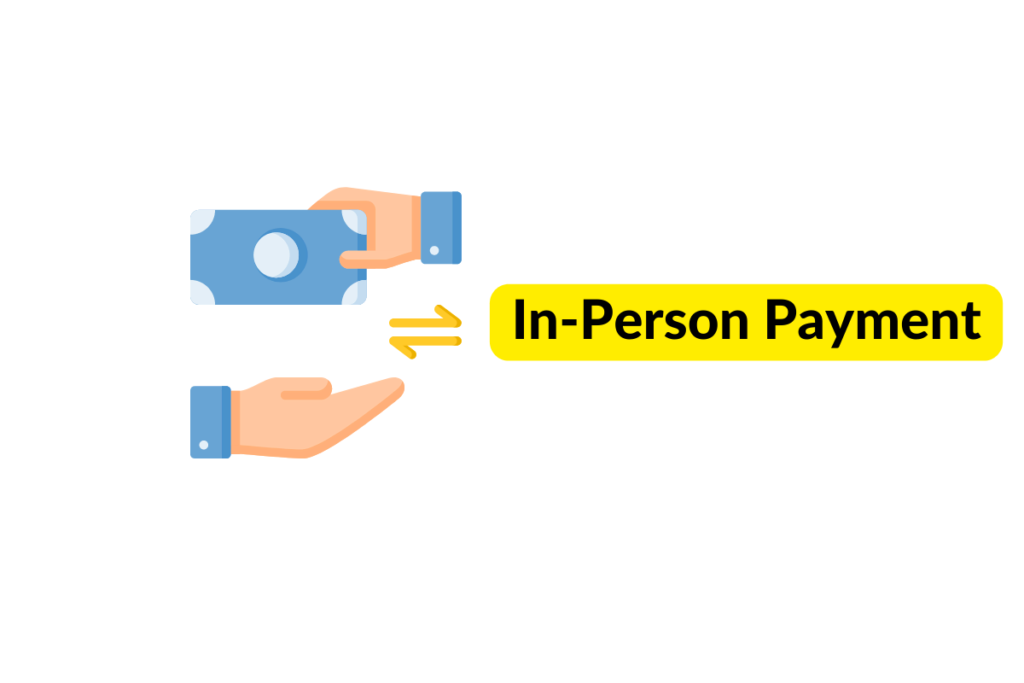
Expats can pay iqama fees in-person at any designated bank or payment center in Saudi Arabia.
Consequences of Not Paying Iqama Fees on Time
Penalties for Late Payment
It’s important for expats in Saudi Arabia to pay their iqama fees quickly to avoid penalties or legal problems. If an expat doesn’t pay their iqama fees by the due date, they might face a fine or even be sent home. The amount of the fine depends on the type of fee and how late the payment is.
For instance, if an expat doesn’t renew their iqama on time, they could be fined up to 500 Saudi riyals ($133) for the first offense and up to 1,000 Saudi riyals ($266) for subsequent offenses. Furthermore, if an expat’s iqama has expired for over three months, they may be prohibited from entering Saudi Arabia for up to three years. It’s crucial for expats to stay aware of their iqama fees and payment deadlines to avoid penalties or legal issues.
Denial of Services
If an expat doesn’t pay their iqama fees, they might not be allowed to use important services like healthcare, education, and banking.
Conclusion
Iqama fees are a necessary cost for expats living and working in Saudi Arabia. By understanding the different types of fees, payment methods, and consequences of not paying on time, expats can ensure they remain compliant with Saudi Arabia’s regulations and enjoy a smooth experience living in the country.
Don’t miss out! Follow us on Facebook, Twitter, Threads, and Instagram for the latest Saudi travels news and community updates.
FAQs
What is an iqama?
An iqama is a special permission given to people from other countries, allowing them to stay and work in Saudi Arabia for a specific time. It is also known as a “muqeem card” and is issued by the Saudi Arabian government. The iqama serves as a form of identification for expats in the country and must be renewed annually.
How do I check my iqama fee balance in Saudi Arabia?
You can check your iqama fee balance through the Ministry of Interior’s online portal, Absher. Simply log in to your account and navigate to the “E-services” tab, where you can view your iqama details and payment history.
Can I renew my iqama without paying the outstanding fees?
No, you cannot renew your iqama without paying the outstanding fees. The Saudi Arabian government requires all iqama fees to be paid in full before an iqama can be renewed.
What happens if I don’t pay my iqama fees on time?
If you don’t pay your Iqama fees by the deadline, you could be fined or even sent home. The amount of the fine depends on the type of fee and how late the payment is. Moreover, if your iqama has been expired for over three months, you may be forbidden from entering Saudi Arabia for up to three years.
Can my employer deduct my iqama fees from my salary?
Yes, some employers in Saudi Arabia offer the option to deduct iqama fees directly from their employee’s salaries. This can be convenient for both parties, but it is important to keep track of the fees and payment deadlines to avoid any penalties or legal issues.
Are iqama fees refundable if I leave Saudi Arabia before the end of my contract?
Generally, iqama fees are not refundable if you leave Saudi Arabia before the end of your contract. However, it is recommended to check with the relevant authorities or your employer for any specific refund policies or procedures.

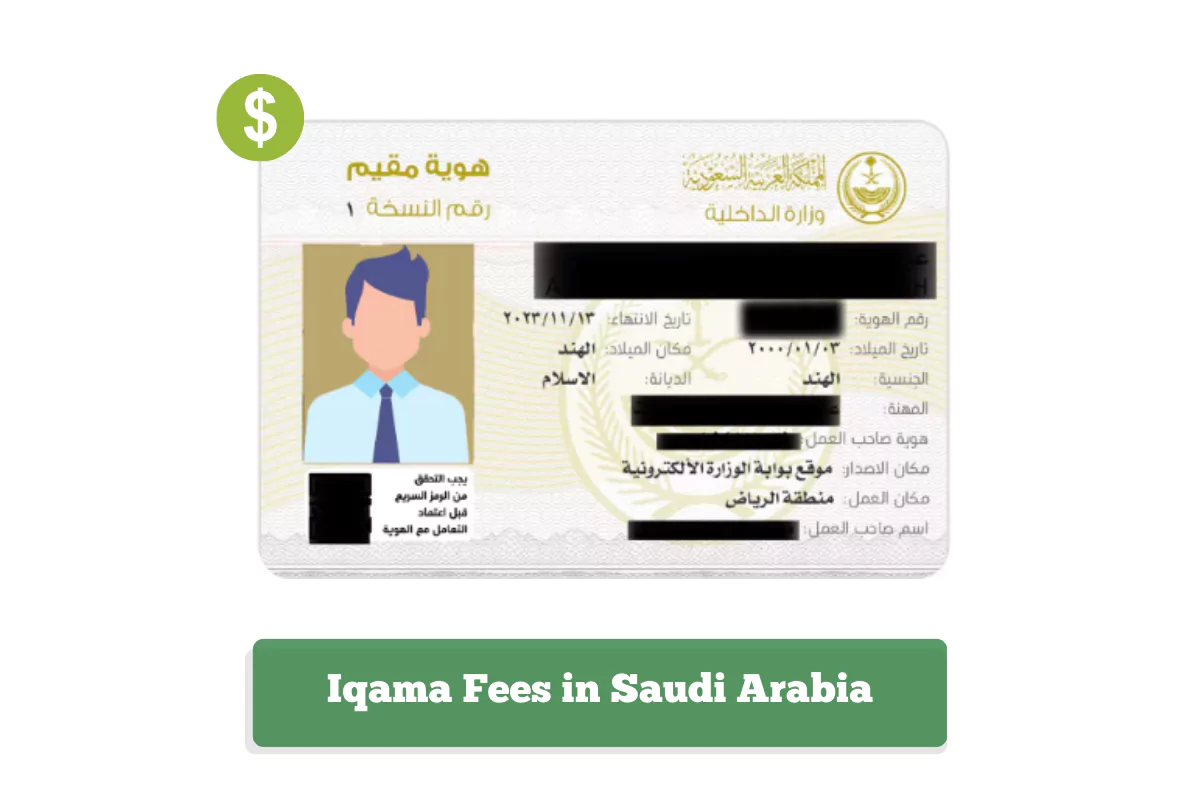

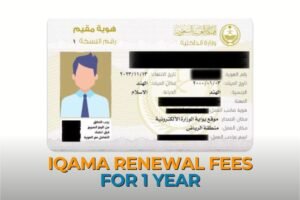
Pingback: How to Check Iqama Expiry Date Online 2023 - Saudia Arabia Online
Pingback: Iqama Renewal Fees for 1 Year 2024: Everything You Need to Know🤔